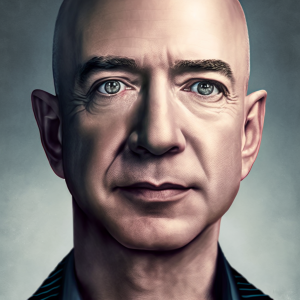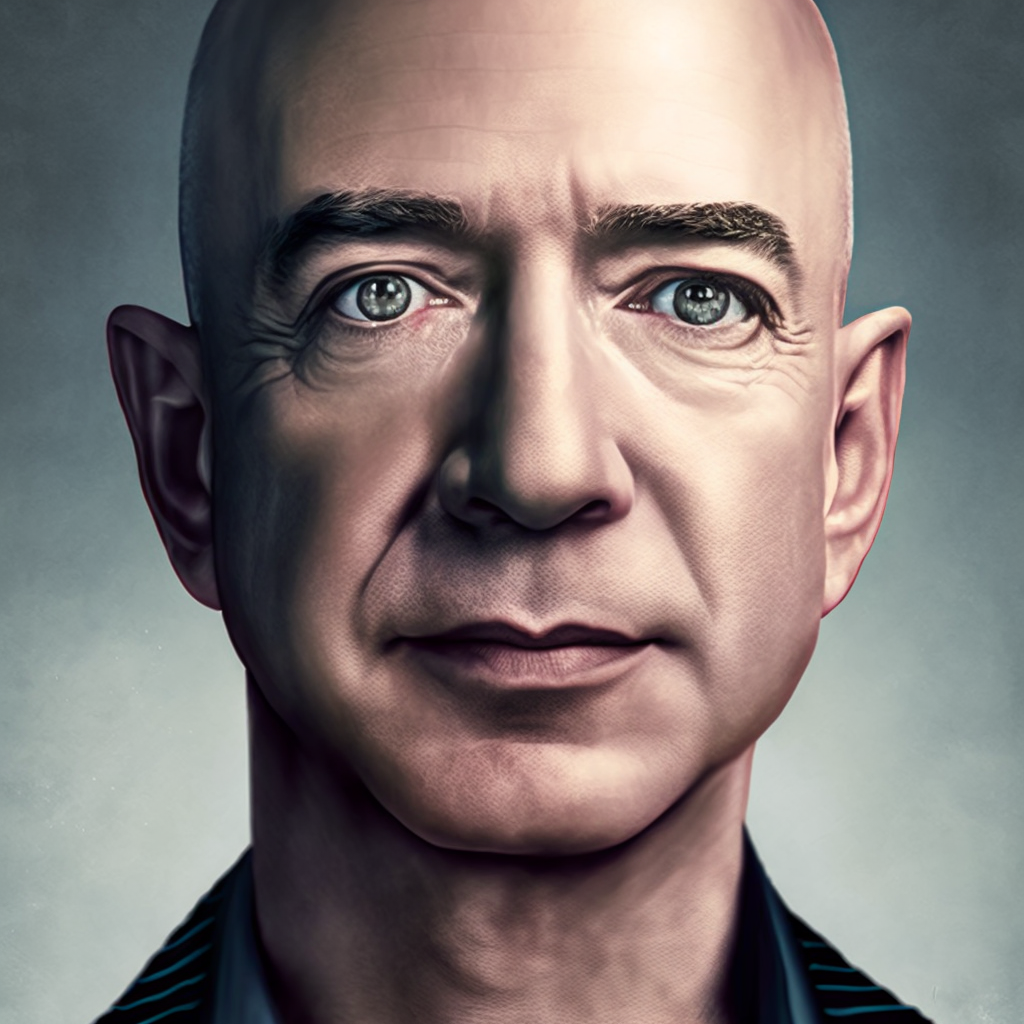“I was working at a financial firm in New York City with a bunch of very smart people and I had a brilliant boss I much admired. I went to my boss and told him I was going to start a company selling books on the internet. He took me on a long walk in Central Park listened carefully to me and finally said that sounds like a really good idea, but it would be an even better idea for someone who didn’t already have a good job.” – Jeff Bezos
Jeff Bezos used a regret minimization model for his decision to walk away from a high-paying job and start an online internet bookstore in 1994 that he would originally name Cadabra and then later changed it to Amazon.
Mental models are used as frameworks and filters for thinking about the world and making the right decisions based on principles. Mental models raise your probability of success by how you think and make decisions based on robust principles.
After thinking about leaving his job and agonizing about taking the risk and making the leap as an entrepreneur he used a simple heuristic to go for his business dream. The mental model of regret minimization helped change a complex life changing decision that was difficult to make into a simple one.
The primary question in creating a regret minimization framework is to ask yourself: “In X number of years, will I regret not doing this?”
This mental model asks you to imagine your future self and then look at the decision from that future perspective. Whether you get good or bad results, did you regret making this decision? The answer to this question has to be either yes or no. Either you think you will have regret or you will not. You must imagine both the worst-case scenario and also the best-case scenario that could happen to create a risk/reward ratio to see if the risk of loss is worth the potential for gain. You must be comfortable when both potential outcomes and begin with no regrets either way.
Jeff Bezos thought that when he was 80 years old he would regret not launching an internet bookstore in 1994. His analysis appears to have been correct as he was the richest person in the world at his peak in contrast to staying at his great job and wondering what might had been.
“I knew that when I was 80 I was not going to regret having tried this. I was not going to regret trying to participate in this thing called the Internet that I thought was going to be a really big deal. I knew that if I failed I wouldn’t regret that, but I knew the one thing I might regret is not ever having tried.” – Jeff Bezos
With this mental model you can make decisions based on the future not the present. This shifts your decision making process to possibilities and goals and away from present reality by broadening your perspective with a larger context of time.
The key question is whether you will have the most regret by trying and failing or more regret from never having tried at all.
Jeff Bezos said in an interview in 2000: “I thought there was a 30% chance we might build a successful company.” Bezos was realistic about the odds for success and understood the potential for failure but went for it any way.
“You can have a job or you can have a career or you can have a calling, and if you can somehow figure out how to have a calling you have hit the jackpot because that’s the big deal.” – Jeff Bezos
Here’s what an early investor Bezos approached had to say about the pitch for Amazon:
“I met Jeff Bezos 25 years ago, and he told me, “Dave, I want you to invest in my company.” [Dave replied] “What are you doing?” [Bezos replied] “I’m gonna start a bookstore in my garage. Okay, I’m gonna put it online, people buy online, and I’m gonna ship out of my garage. But if you invest in me Dave, someday I’m gonna be the richest man in the world. I’ll do over 100 billion dollars.”
Dave thought the idea was crazy:
“First of all, there was no such thing as a hundred billion dollars 25 years ago. Statistically, there’s no such thing. Countries didn’t have a hundred, our national debt wasn’t a hundred billion dollars and this dude’s telling me at 26 years old that he’s gonna be the richest man in the world because he has a garage and the internet, that was his truth. Now, he did not know it and neither did I but the difference between him and I is I was laughing scoffing and jesting at him and he was already applauding himself going at it the right way at the perfect time: “I’m gonna make as much as I can as quickly”, and I’m sitting there going there’s no way this is gonna be a big business.” [1]
How did Jeff Bezos start Amazon
Jeff Bezos helped create a technically sophisticated and successful quantitative hedge fund on Wall Street for D.E. Shaw & Co., and became their youngest senior vice president in 1992. [2]
“I found this fact on a website that the web was growing at 2,300% per year,” Bezos told CNBC in a 2001 interview. “The idea that sort of entranced me was this idea of building a bookstore online.”
Jeff Bezos quit his job as an investment banker in 1994 and left New York and moved to Seattle, Washington, to open his online bookstore through the internet as it was just starting to gain in popularity. He started it by working out of his garage with just a few employees. Bezos developed the software for the website, which would later be named Amazon.com.
Jeff Bezos said that in the early days of Amazon when he was just starting out in his garage, he would collect packages that needed to be mailed to his customers and load them into his own personal car, then drive them to the post office himself.
Bezos quickly scaled Amazon from an online bookstore in his garage to a warehouse and grew it from there into the most successful ecommerce site in the world emerging out of the dotcom bubble as the biggest success story over the next 20 years.
“Do something you’re very passionate about and don’t try to chase what is kind of the hot passion of the day.” – Jeff Bezos
How did Jeff Bezos get rich?
Jeff Bezos’ wealth was built from the value of his personal holdings of Amazon stock. The Amazon stock price had an incredible rise over the past 20 years and his continued holding of the majority of his original shares is what made Jeff Bezos so rich. Bezos still owns more than 10% of Amazon, which is worth approximately $90 billion. [3]
Jeff Bezos’ path to becoming a billionaire was the same as the majority of the richest people in the world take to get there in one generation. Bezos built an innovative business creating an ecosystem for books sales over the internet. He then brought it to the stock market through an initial public offering of stock. Finally, he then held a large initial equity stake and grew the business into one of the biggest corporations in the history of the world. This is also an example of the power of owning equity in a publicly traded company because the leverage it gives an investor to build wealth can make you a millionaire or billionaire. Every investor that bought and held 500 shares of Amazon became a millionaire as the stock went over $2,000 a share before the stock split 20-for-1 on June 6th, 2022.
Current Jeff Bezos net worth 2022
The current Jeff Bezos current net worth in 2022 is $117.50 billion making him the 4th richest person in the world according to Forbes.
“It really was a difficult choice but ultimately I decided I had to give it a shot I didn’t think I’d regret trying and failing and I suspected I would always be haunted by a decision to not try at all after much consideration I took the less safe path to follow my passion and I’m proud of that choice.” – Jeff Bezos

Image created by Holly Burns
